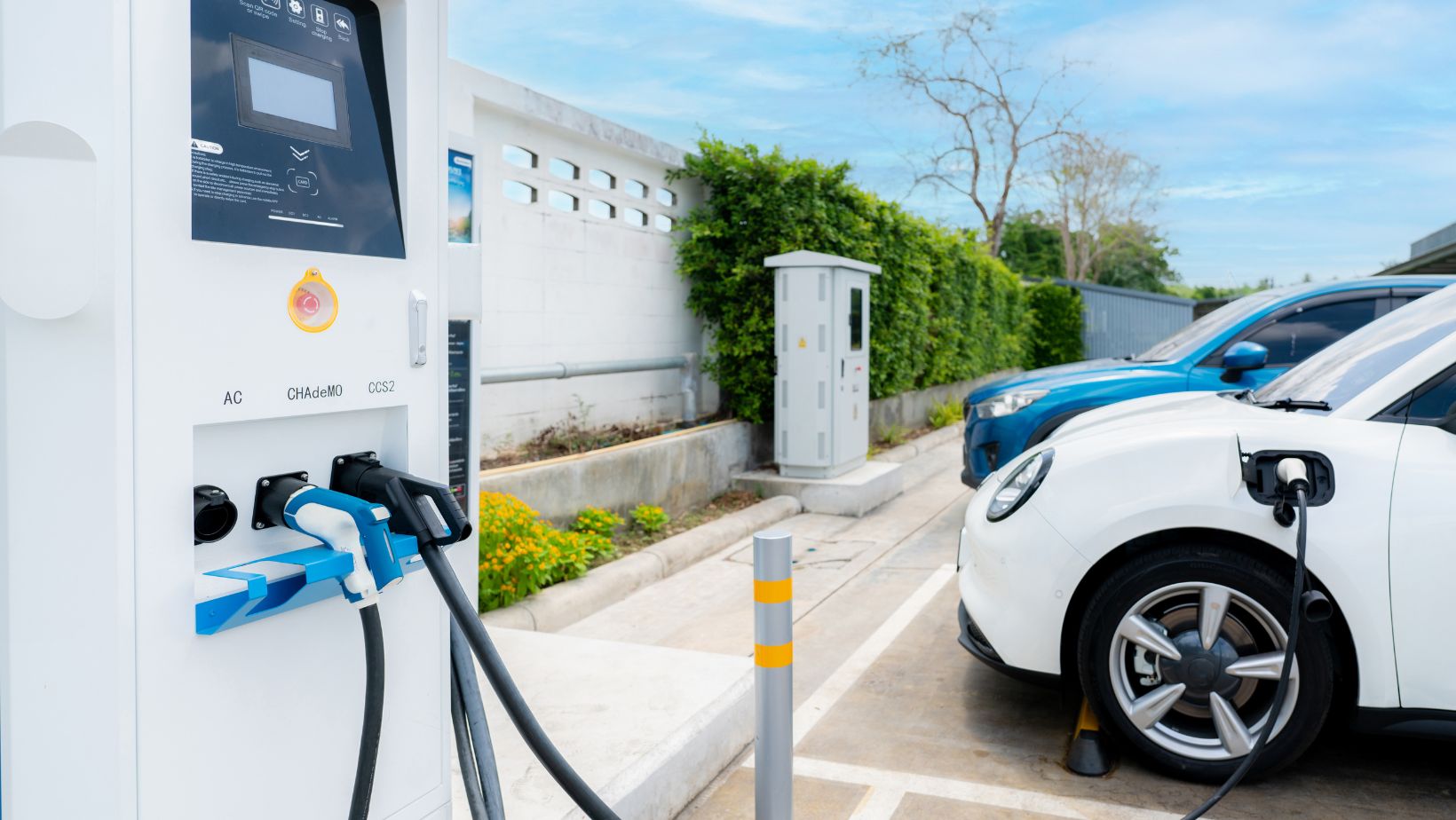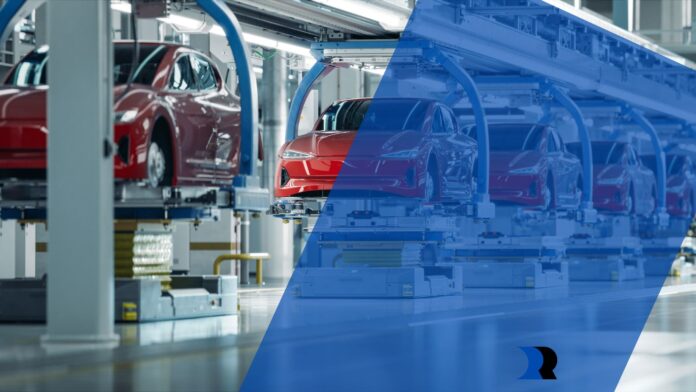The electric vehicle (EV) landscape is rapidly evolving, driven by global shifts towards sustainability and innovation in battery technology. Fast charging infrastructure is more than a utility; it’s a crucial element in the consumer decision-making process. As consumers become more environmentally conscious, their preferences are increasingly tilting towards vehicles that offer not only eco-friendliness but also convenience and efficiency. Auto manufacturers, recognizing this shift, are leveraging fast charging infrastructure to meet these new consumer expectations and to enhance the appeal of their EV offerings.
As the automotive industry continues its transition from internal combustion engines to electric power, the availability of fast charging stations serves as a tangible reassurance to potential EV buyers concerned about battery life and charging times. The strategic deployment of these stations by automakers can significantly mitigate range anxiety, thus broadening their market. By providing fast, reliable charging solutions, manufacturers not only boost consumer confidence but also position their brands as leaders in the technological forefront of the automotive sector.
The integration of fast-charging infrastructure is not just about meeting consumer demand but also about adapting to market dynamics. In regions with stringent emissions regulations, automakers are under pressure to develop eco-friendly vehicles and the necessary support infrastructure. This regulatory environment, combined with incentives for renewable energy initiatives, encourages manufacturers to invest heavily in the rapid deployment of fast charging stations, shaping a future where electric mobility is both accessible and practical.
Strategic Partnerships and Innovation
In the competitive race to dominate the EV market, strategic partnerships are proving essential for auto manufacturers. These collaborations are particularly pivotal in enhancing the capabilities and reach of charging infrastructure. By partnering with specialized tech firms and infrastructure providers, automakers can harness advanced technologies and streamlined logistics to deploy fast charging stations more efficiently and at a larger scale.
One notable example of such synergies is the collaboration between automakers and companies like ChargeTronix. ChargeTronix is renowned for its innovative approach to EV charging solutions, offering robust, modular designs that are both customizable and scalable. This kind of technological integration allows auto manufacturers to offer more than just a car; they can provide a comprehensive charging ecosystem tailored to the modern EV user’s needs, reinforcing brand loyalty and user satisfaction.

Further, these partnerships facilitate technological exchange and innovation, leading to the development of more advanced charging technologies that reduce the time required to charge vehicles effectively. By integrating state-of-the-art charging technology into their offerings, automakers not only improve the functionality of their vehicles but also enhance their attractiveness to tech-savvy consumers, ensuring they stay at the cutting edge of the automotive industry.
Economic Impact and Consumer Perception
Investing in fast-charging infrastructure also carries significant economic implications for auto manufacturers. Initially, this involves a considerable capital outlay, but the potential for future revenue generation from charging services can turn these facilities into profitable long-term investments. Moreover, the presence of extensive and reliable charging networks can significantly increase the saleability of EVs, thereby boosting an automaker’s bottom line.
From a consumer perspective, the availability of a widespread and efficient charging network can be a decisive factor in the purchase of an EV. Automakers that can guarantee an accessible and rapid charging infrastructure will likely see an uptick in customer interest and sales, thereby gaining a competitive advantage in the market. This consumer trust translates into brand loyalty, which is invaluable in a market as competitive as the automotive industry.
The ripple effects of developing such infrastructure extend beyond immediate consumer benefits. They include job creation in the construction, maintenance, and operation of charging stations, which stimulates local economies and supports community development. As these networks expand, they also drive advancements in related technologies and services, fostering broader economic growth and innovation across multiple sectors.
Government Influence and Regulatory Frameworks
Government policies and regulatory frameworks are critical in shaping the development of fast-charging infrastructure. Through incentives like tax rebates, subsidies, and direct funding, governments can lower the barriers to entry into the charging infrastructure market, making it easier and more attractive for auto manufacturers to invest in these technologies. Additionally, stringent environmental regulations can compel automakers to accelerate the deployment of fast charging stations to comply with new laws and standards.
International standards for EV charging are also crucial as they ensure compatibility and interoperability between different vehicles and charging systems, facilitating a smoother transition for consumers switching to electric vehicles. This uniformity allows manufacturers to design vehicles that are compatible with global charging standards, reducing manufacturing complexities and costs.
Moreover, by adopting EVs and fast charging solutions in public and government fleets, governments can lead by example. This not only increases the visibility and familiarity of EVs among the public but also demonstrates a commitment to reducing carbon emissions and promoting sustainable transportation solutions, reinforcing the regulatory push towards a greener future.
Innovations Driving the Future of Charging Technology
As automakers push forward, the technological challenges of developing fast, efficient, and safe charging systems remain significant. Innovations in battery technology, such as the development of solid-state batteries or enhancements to lithium-ion cells, are essential as they could drastically reduce charging times and extend battery life. These advancements are crucial for the next generation of EVs, which will require even more reliable and rapid charging options.
The integration of intelligent technologies into charging infrastructure is transforming how these systems operate. Smart charging stations, capable of real-time communication with the power grid, can adjust charging rates based on grid demand, improving energy efficiency. Moreover, these smart stations can provide users with real-time data about their charging status, enhance security measures, and even facilitate automatic billing and payment systems, enhancing user convenience and safety.

Looking ahead, the potential integration of renewable energy sources directly into charging stations could further revolutionize the industry. This shift would not only make charging stations more sustainable but also less reliant on traditional power grids, reducing the overall carbon footprint of electric mobility. As these innovations unfold, they will undoubtedly shape the strategic decisions of auto manufacturers, guiding the future of transportation technology.
Shaping the Future of Automotive Industry
The strategic importance of fast-charging infrastructure extends beyond immediate consumer and economic benefits; it is a fundamental pillar supporting the future of the automotive industry. As technology advances and consumer preferences evolve, auto manufacturers must continue to invest in and expand their charging infrastructure to stay competitive. This commitment will likely set apart industry leaders from followers in the burgeoning EV market.
By focusing on advanced, reliable, and accessible charging solutions, automakers not only enhance the appeal of their electric vehicles but also contribute to a sustainable transportation ecosystem. In the coming years, there will undoubtedly be increased investments in these areas as the industry strives to meet the growing demand for efficient, eco-friendly mobility solutions. Thus, the deployment of fast charging stations is not just about keeping pace with market trends but about driving the very transformation of the automotive landscape.


